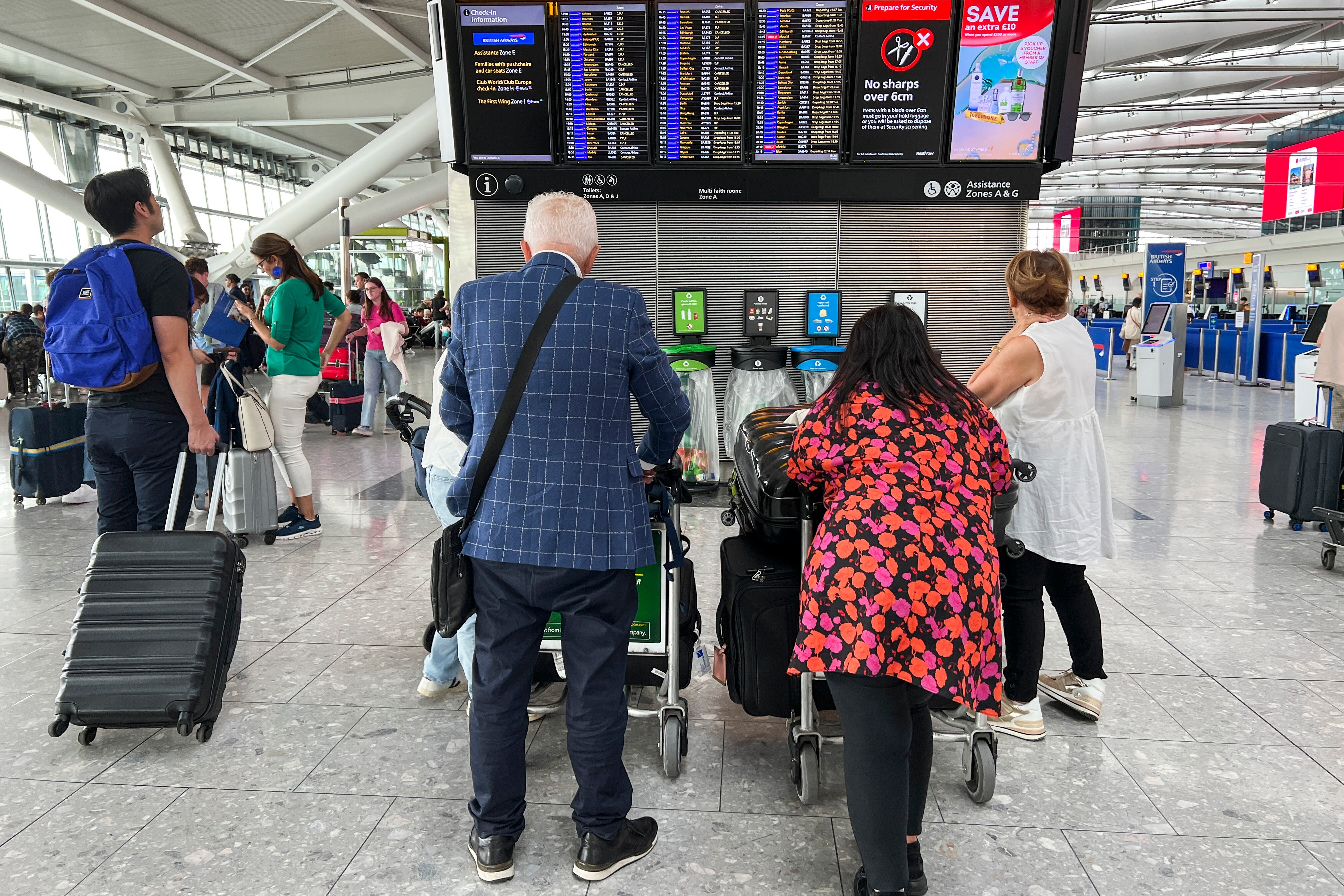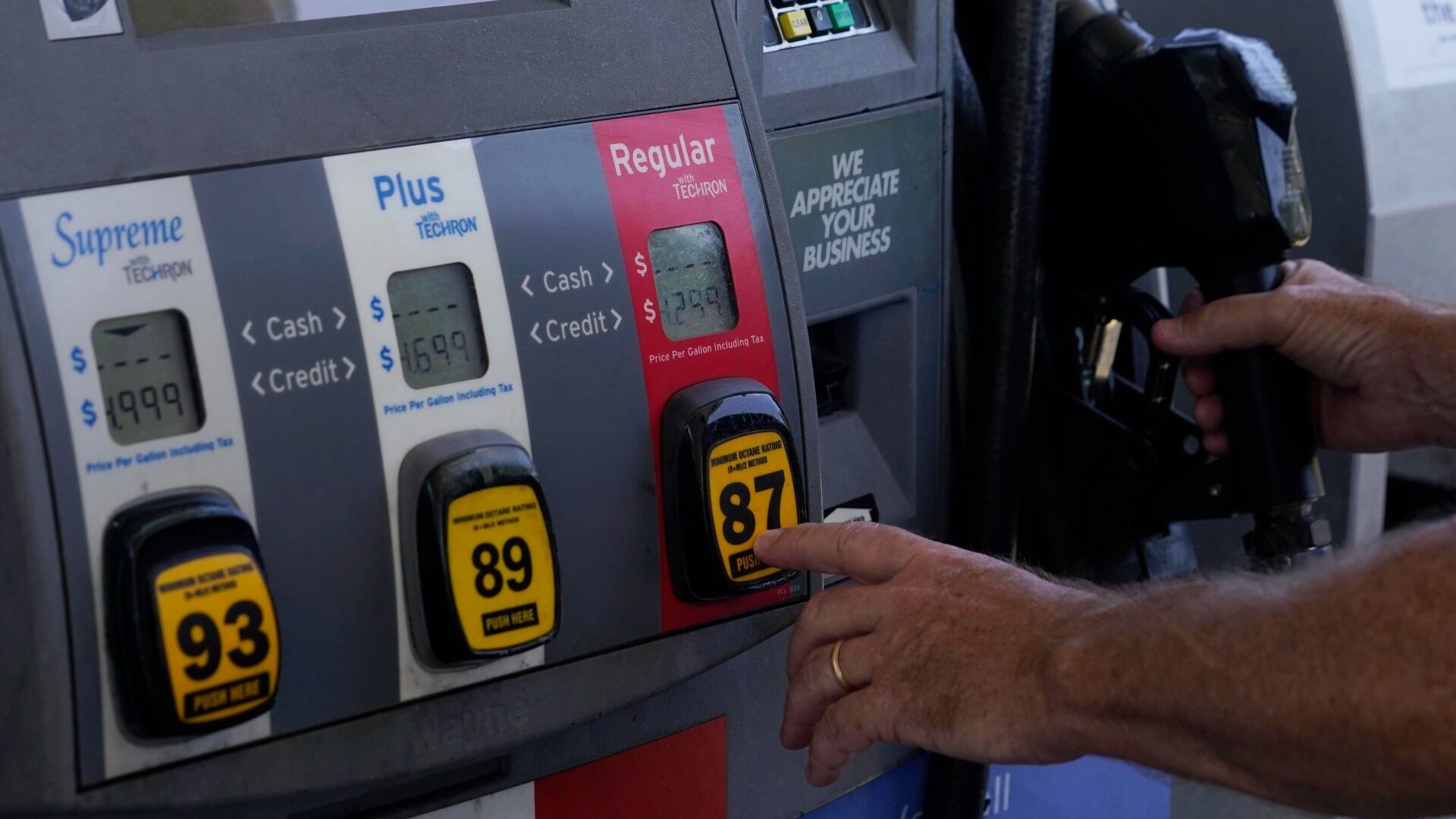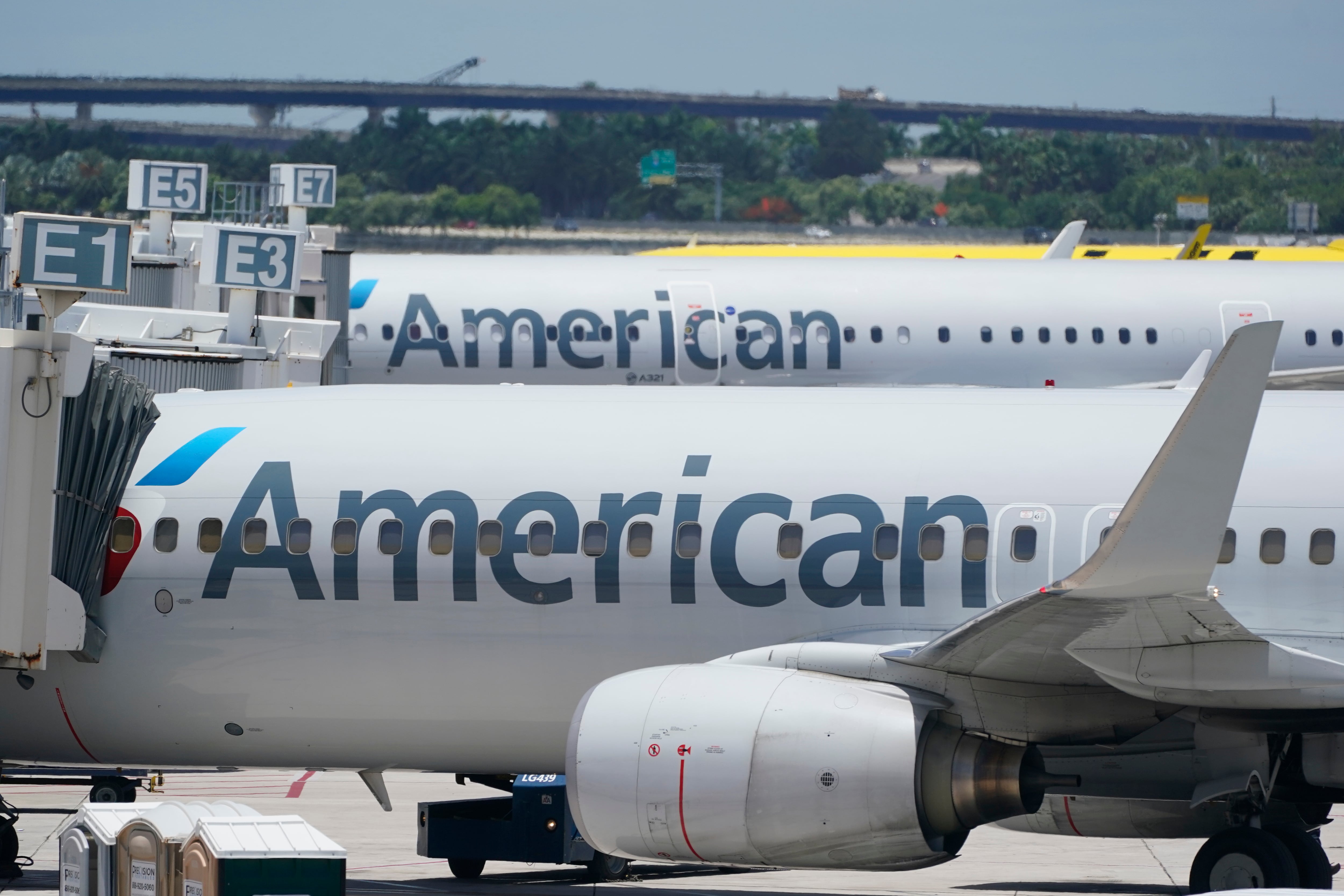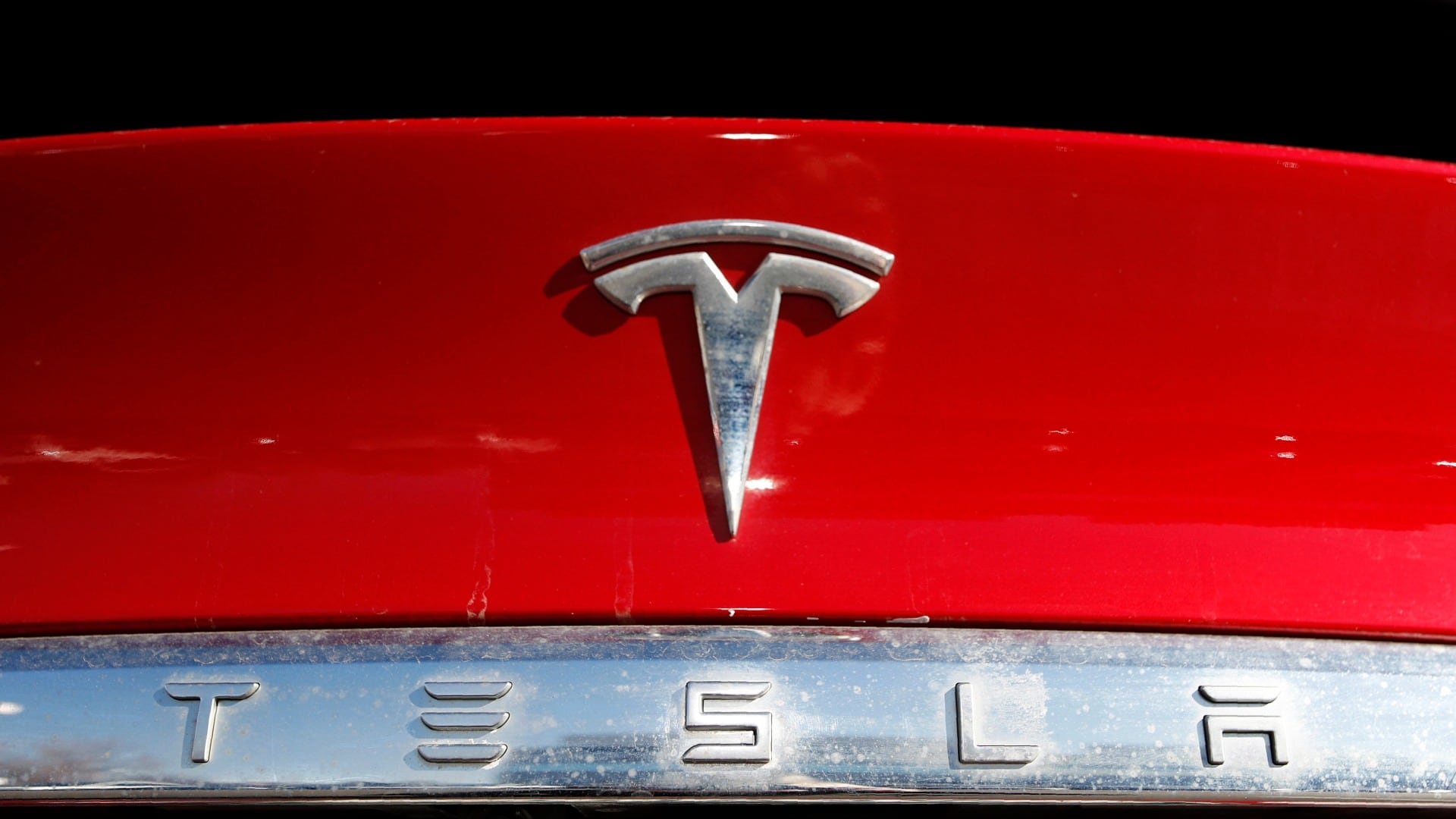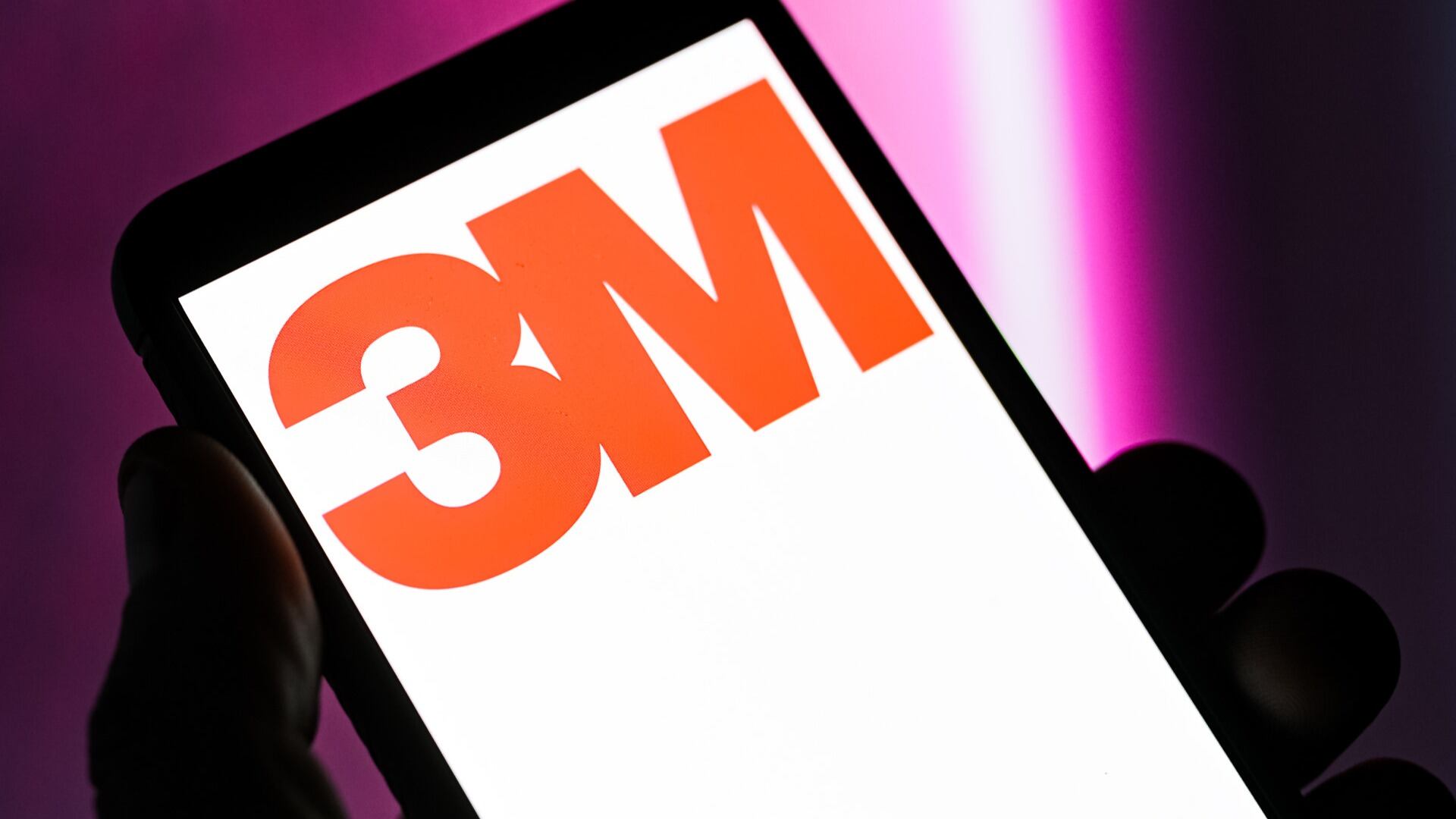PayPal is expanding services for the sharing economy generation. It just announced it’s launching Money Pools, a platform where users can collect money from friends and family.
Pablo Rodriguez, Senior Director of Global Consumer Initiatives at PayPal, says that a third of consumers will be pooling their money this holiday season.
“Our mission for consumers is to help everyone move and manage their money,” he said, noting that the company is excited to launch the service for the holiday.
He notes the growing trend of spending money on experiences, rather than gift items. “We know it can be a real hassle to pull that cash from our friends and our family,” Rodriguez says. “Money Pools allows you to do that.”
Similar to crowdfunding sites, PayPal’s Money Pools allows people to share a link to their cause, collect money, and track and use funds. The company says the service is free to PayPal users, but will collect a “small fee” from contributors who make transactions with a debit or credit card.
Flights in the UK experienced delays and cancellations due to technical issues.
You may soon begin negotiating your salary with an A.I. program and some companies are already doing so.
A new piece of legislation could change the credit card system.
Rising gas prices continue to worry Americans.
A new report showed that a small portion of American homeowners chose not to purchase homeowners insurance as premiums rise.
The federal government is fining American Airlines $4.1 million for dozens of instances in which passengers were kept on board planes without a chance to exit during long ground delays.
Heather Barnett, editor with Money Crashers, joined Cheddar News to discuss ways to cut down costs when living alone and what apps to use to stay on budget.
Sean Burgess, chief claims officer with Lemonade, joined Cheddar News to provide tips on how to handle finances and expenses with roommates and which apps are best to use when doing so.
Tesla is defending itself in the first trial against its autopilot assistance feature.
3M has reportedly reached a tentative agreement to pay over $5.5 billion in a settlement from a lawsuit that claimed it sold defective combat earplugs.
